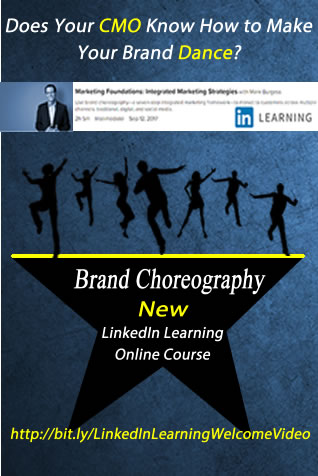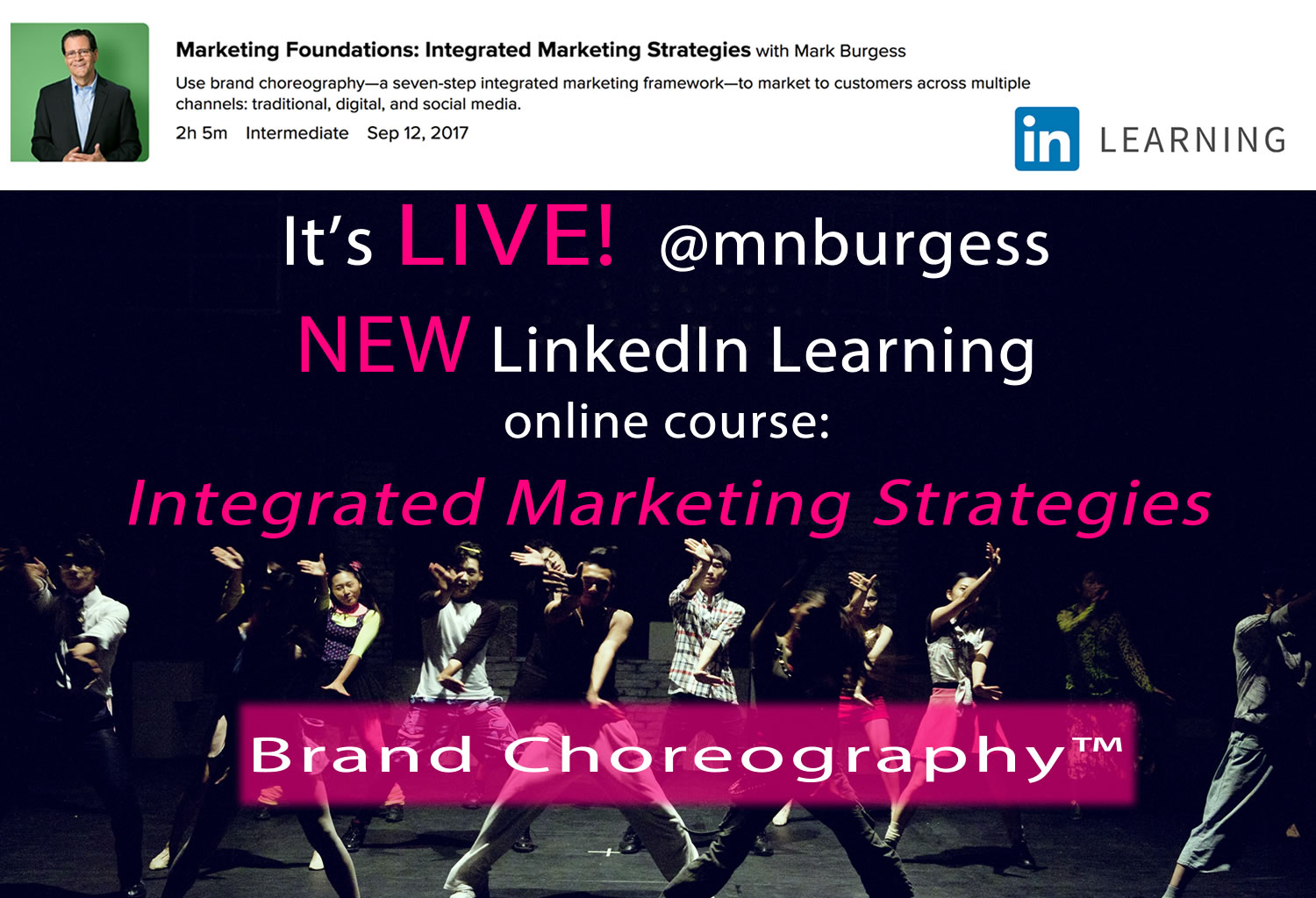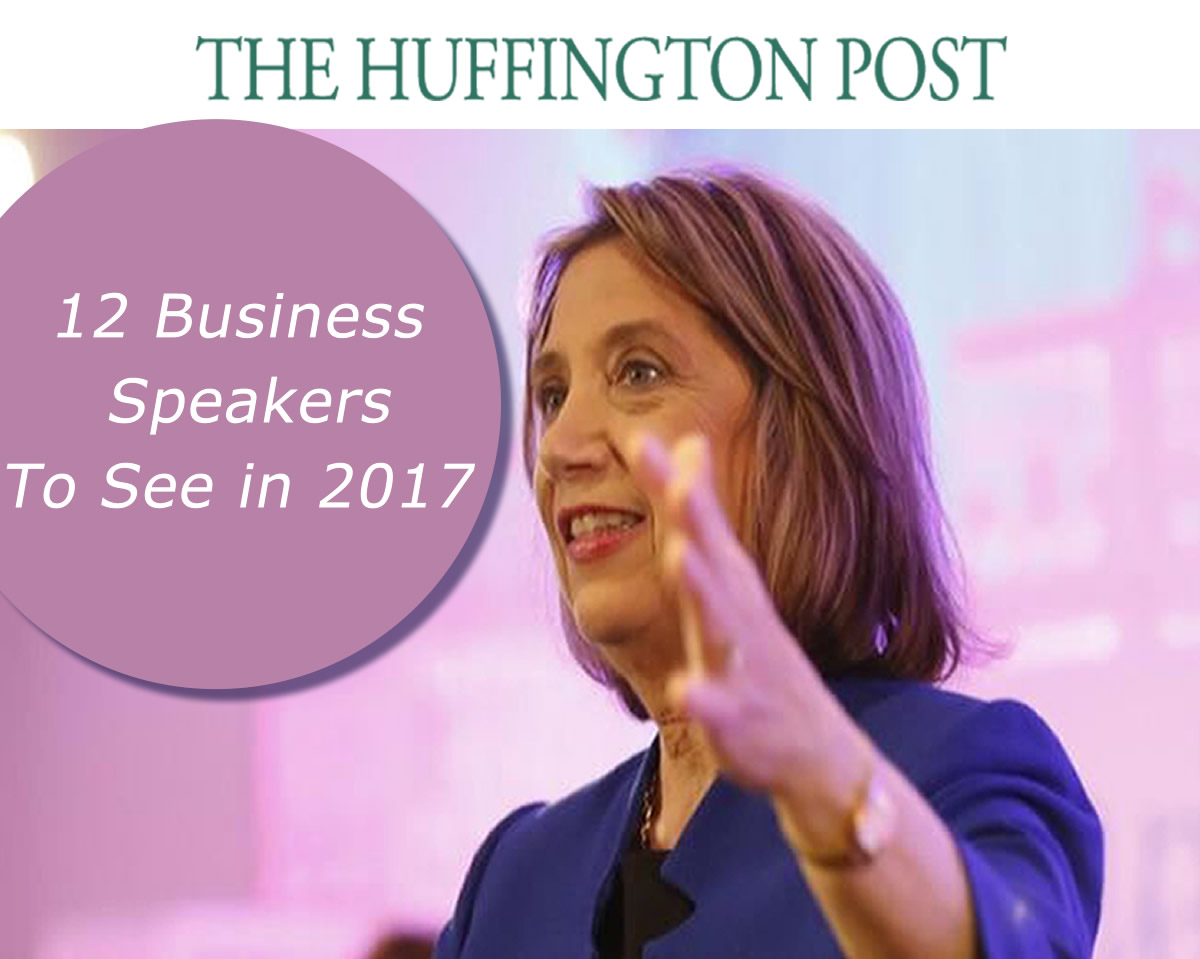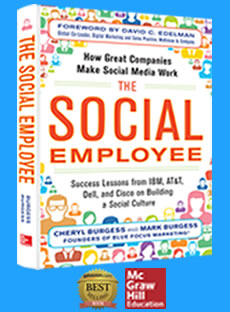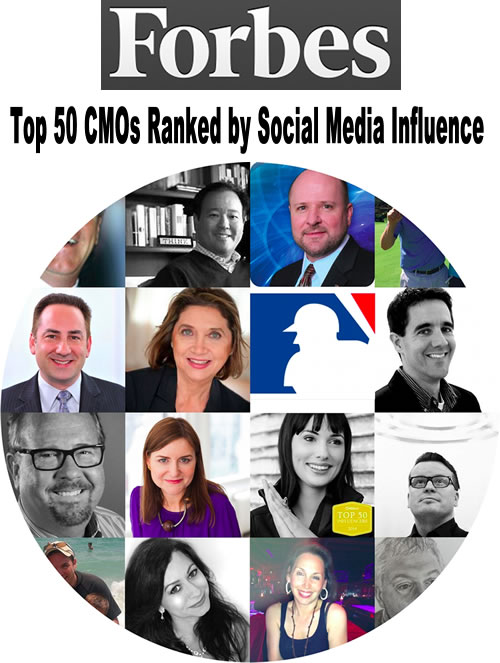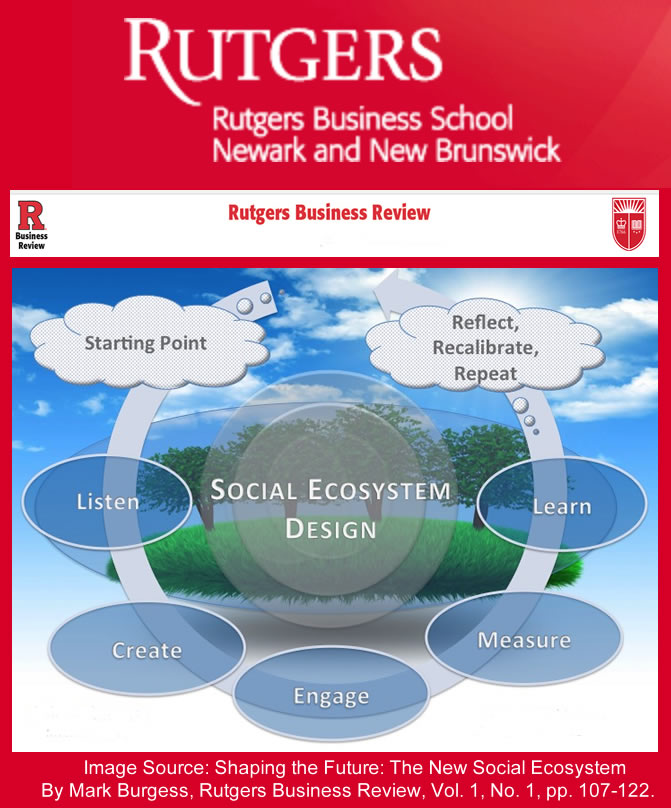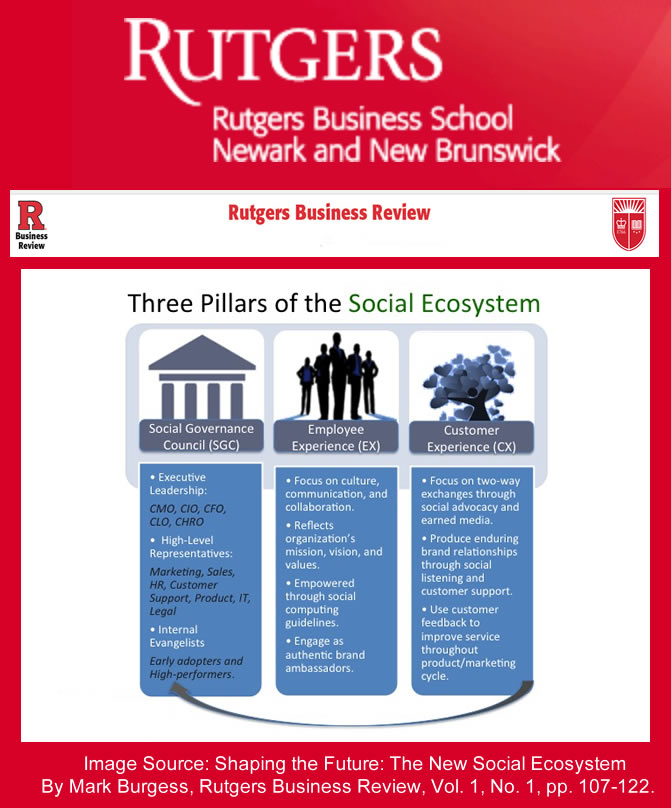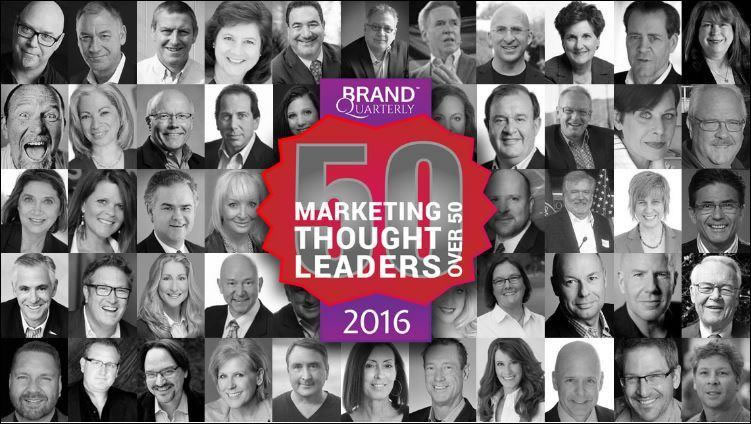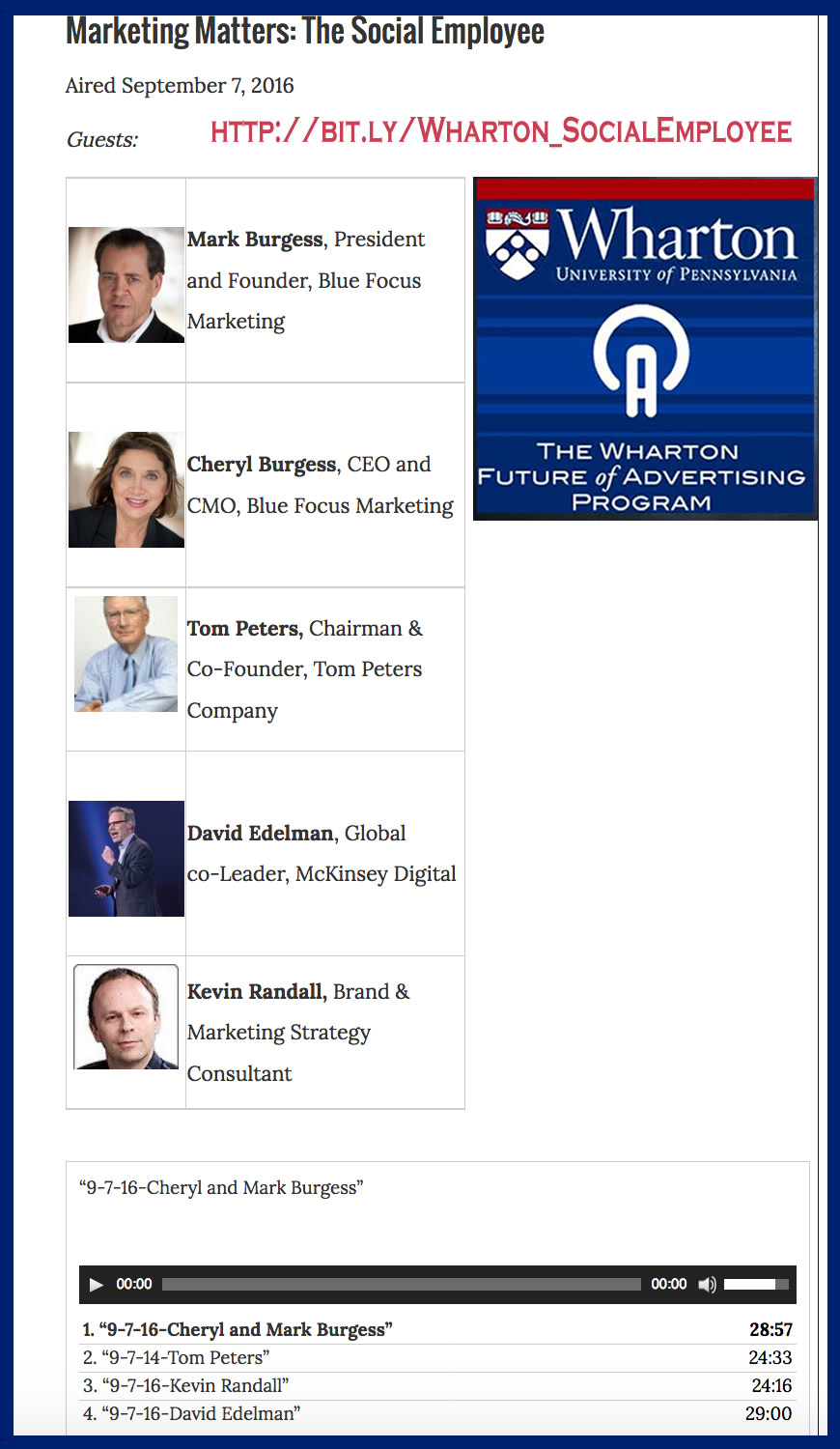Welcome to the new global ideas economy where huge companies are vying for our love and respect with big ideas over products. There is an art and a science to coming up with global brand ideas that help focus and grow a company.
As social media is rising in importance among marketers and companies, I am fascinated about how brands are developing these ideas in order to help them maximize the new rise of social media. This led me to Scott Goodson, (@scottfrog) Founder and Chairman of StrawberryFrog, and the creative mind behind Emirates Airline’s global tag line: ‘Hello Tomorrow’.
Imagine you are given the task to find a short pithy phrase that sums up an entire worldwide corporation. The phrase should sum up a disruptive strategy that enables you to rally thousands of people inside the company. Enables you as a marketer to create content, marketing, communications, entertainment and advertising. Not as easy as you might think.
The best ideas need to work across all territories and carry an important message to attract millions of people to your brand. Getting there requires an unconventional thought process and asking, as Warren Berger says in his new book, “A More Beautiful Question,” to ask a lot of questions. As Berger points out, thoughtful inquiry can help us begin to see and understand the challenges around us more clearly. Questions also spark the imagination. And we’re now learning that questions (versus declarations) can help us motivate ourselves—while engaging the interest and support of others. Learning how to act on our questions can lead us toward solutions and creative breakthroughs. These thoughts fascinate Scott Goodson. ‘Hello Tomorrow’ by Scott Goodson is about bringing different people of together, it’s about making the world a more beautiful, smaller place. Recently, I spoke with Goodson about how he thinks, his past work with brands like Emirates Airline ‘Hello Tomorrow’, and the art of creating enduring global brand ideas that can create a movement in culture.
Cheryl: How did you come up with the idea ‘Hello Tomorrow’ for Emirates Airline—and how does one tackle a global idea as big and broad as this for a global icon brand?
Scott: “Everyone wants the world to be bigger in the age of the Internet, I think it’s an inspiring thought to want to make the world smaller”, says Scott Goodson. “A brand that makes the world smaller helps reduce misunderstandings and misconceptions – and that can bring about change in the world around you.” A fair amount of the thinking behind the idea came from my own travels around the world, and my take on people, and the idea connecting of people, which really resonate with me. I have been to many different countries over my career and it’s no surprise that the world is getting smaller, that people of the rising middle class around the world are more alike today than ever before in the history of the world. We want the same things for our families, the same things for our children, we face similar issues and we are inspired by the same kind of brands. This is not to say that there are no differences. Of course there are many just not as many as in the past.
Cheryl: How did you come up with the idea ‘Hello Tomorrow’ for Emirates Airline—and how does one tackle a global idea as big and broad as this for a global icon brand?
Scott: “As a creative mind and a global soul, I’ve been thinking about ideas for brands my whole life. But it was only in recent years, as I was working with many global brands and studying how great global brands think and act, that I came to realize that only a few brands manage to create truly global breakthrough ideas, and crafting these start by looking for insights that no one else is looking for at the time. So for Emirates I thought, why aren’t airlines thinking in terms of what is relevant to people’s lives and less about how great their product or airline is. It’s more common for great companies to want to broadcast to the world how imaginative they are, how superb their product. I think great brands do the complete opposite. These brands are more confident. They say things that reflect how their fans and advocates are thinking. How their social media community is thinking rather than simply finding a way of putting the product or company on a pedestal. That’s old world thinking in the age of social and the hackeconomy. This is more important today because of the global opportunity for brands. You need to crystalize a state of mind and an attitude that carries meaning while, at the same time, enables you to inspire and connect millions of people inside and outside your company to a big brand idea. And then connect that big idea to your brand benefit or company purpose in some way. Thinking like this for me is like breathing…something that seems so basic, so instinctive, that we take it for granted. There’s a lot we marketers can learn about how to do it by looking at who has done it best consistently over the years – like Nike, Apple, like IKEA and Diesel. This plus I have developed techniques that force me to think about things that really matter in people’s lives. Generally speaking, these kinds of brand ideas cannot be developed quickly—a different, much deeper kind of thought is required.”
Cheryl: Are you suggesting that the value of a brand idea is rising while the value of a product message is declining? Why is that?
Scott: In a world of rapid change, where ideas are spread like wildfire over social media, product messages quickly become outdated or obsolete. Can we really tell the difference between products anymore, and especially over time? Any product advantage is instantly copied and put into the market. So the value of the idea is becoming crucial, especially for brands that want to make it as a global brand inspiring people across all territories. This is not to say that all advertising should be the same. In my experience this does work in many instances such as sport brands, beer brands, spirit brands, luxury brands, but not necessarily with brands that have different habits attached to them. But the brand idea can most certainly be global. And the goal for new brands should be to build global ideas. If your idea is less focused on the product and more on a BIG relevant idea, you raise the center of gravity and it can work across many territories much easier than a message that is product focused.
Cheryl: The ‘Hello Tomorrow’ example is a story of a breakthrough. What do you consider to be some other interesting examples?
Scott: “The global brand idea ‘Rise’ for Mahindra started with a question we posed to ourselves. Though my favorite, the new global motto for Jim Beam ‘Make History’ came as a flash after an intensive session of brainstorming, when everyone on the team was exhausted…and I just took a break and went for a walk. That walk led to a realization, which in turn led to the creation of a line of beautiful thinking that got me thinking about the incredible history of this iconic American brand but also how it is used by people around the world. It’s not a beer. It’s not an old fashioned Scottish whiskey with all the rituals that come along with that. It’s an ‘easy-access’ bourbon. You ask for it and you make your own history now. “Welcome to Champion’s Planet” was the global line that helped launch Heineken into the Champion’s League—an ambitious yet actionable phrase that can begin to change the way you think about the global beer brand.”
Cheryl: Getting back to Hello Tomorrow for a moment. How did this phrase help you develop the global communications and advertising campaign?
Scott: “A great set of words – like Hello Tomorrow – point to an interesting dichotomy, which leads to dynamic advertising and game-changing ideas. The campaign needed to go way beyond conventional airline advertising. It needed to rally thousands of employees in the worlds fastest growing companies, make a statement about the future that would be heard by global travelers. A multifaceted, multimedia campaign was launched around the world. The centerpiece was an Anthem TV and Digital film that paid homage to Emirates Airlines movement to bring the world closer together to overcome misunderstandings and reduce misconceptions. The brand quite literally brought the world together and energetic ignited the motto Hello Tomorrow in a story that inspired a generation around the world. The idea was launched around the world exhibited on spectaculars in everywhere from Times Square to Dublin, to London, Mumbai and Korea to give people a closer look. A photographic study of people coming together was run in the worlds most prestigious and influential publications. And “Hello Tomorrow” spread from Emirates.com and Facebook all over the world via the Internet pulling people into the brand idea and drawing crowds at international travel shows.”

